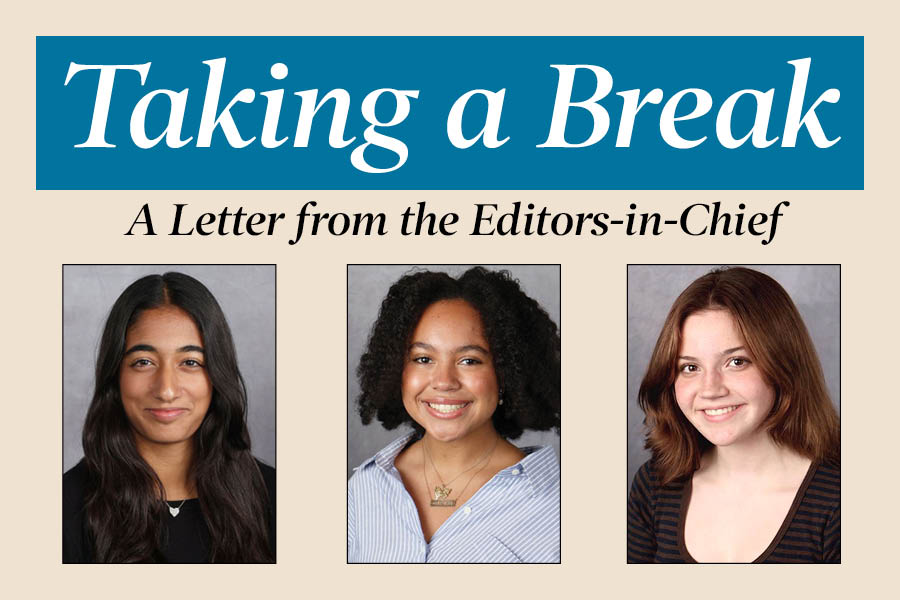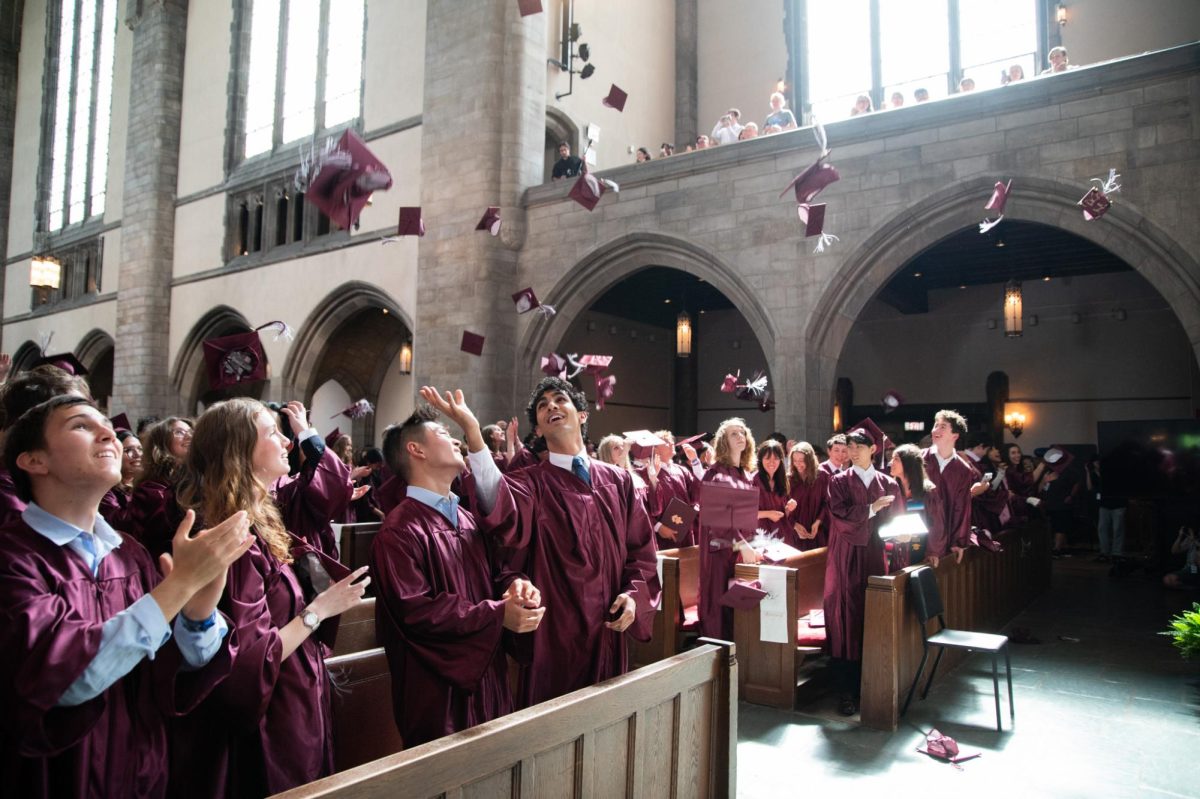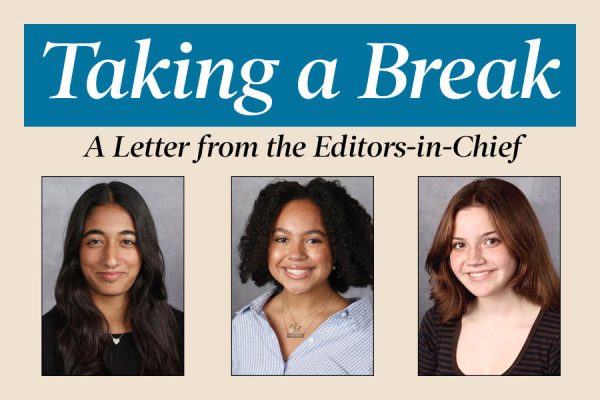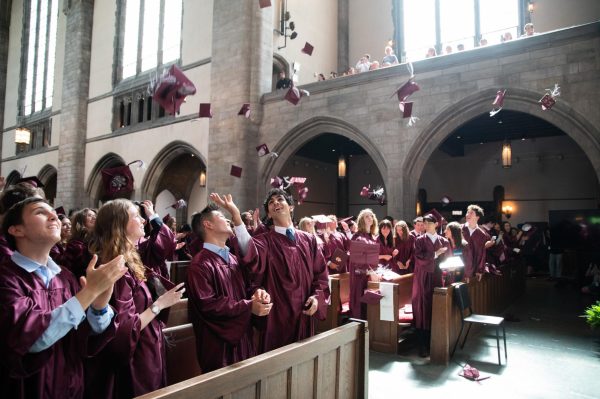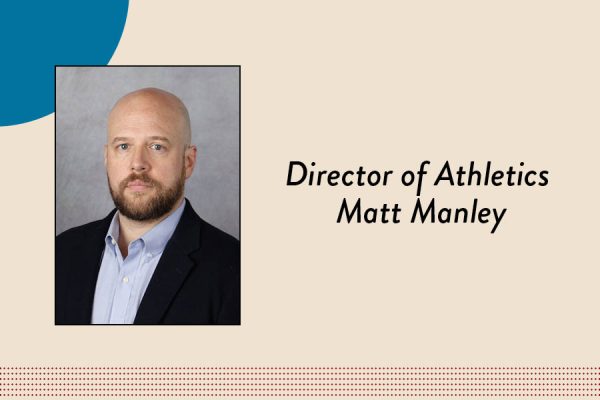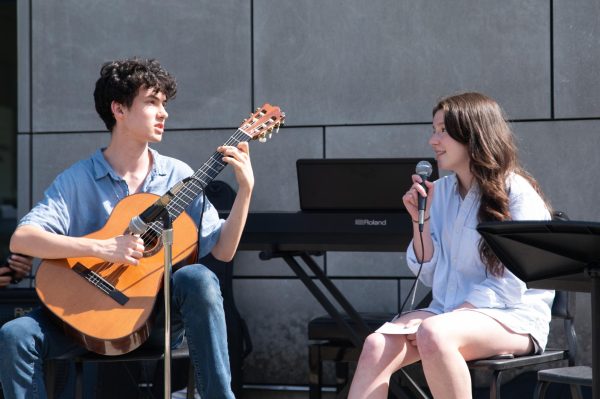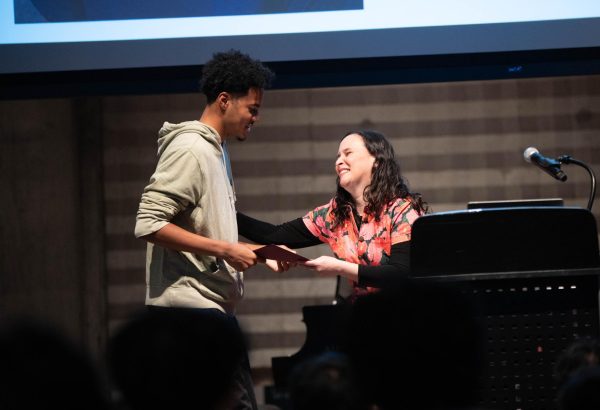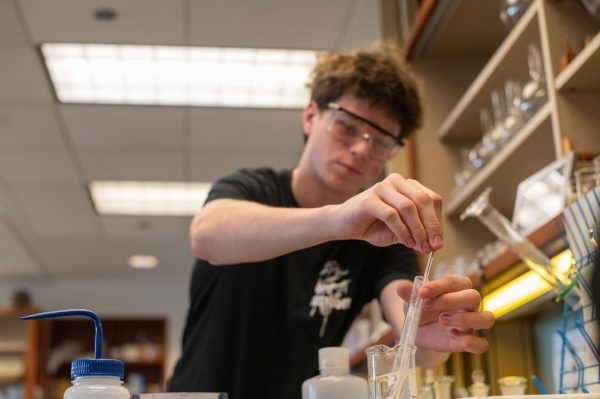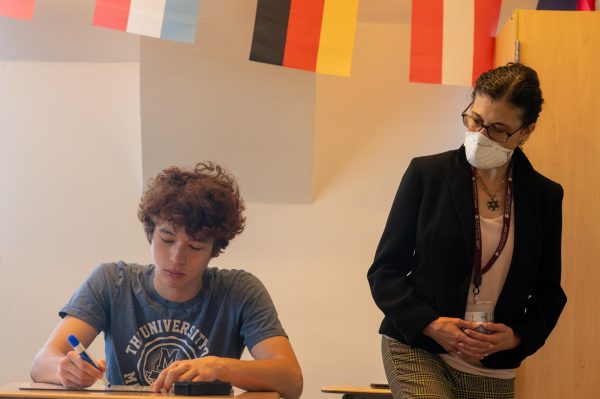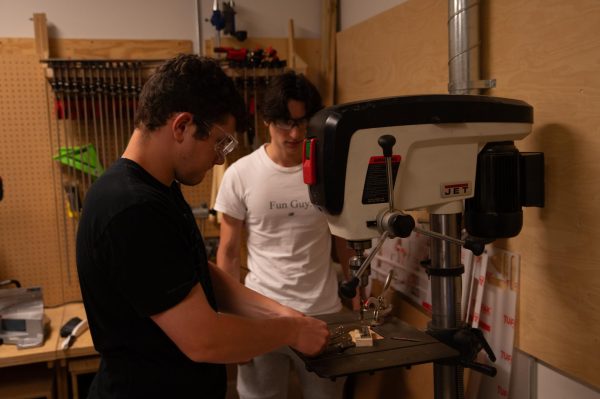Low student attendance at forums reflects apathy, feeling unheard
Recent forums regarding incidents of hateful expression and principal search input have only had four students voluntarily attend, which reflects student’s apathy and feeling of being unheard from administrators and Student Council.
April 24, 2023
When finalists to be principal visited U-High over four days in early April, students had a chance to meet them at lunch sessions. But just a few students did.
Administrators and Student Council have set up meetings to engage the student body, but often the majority is composed of Student Council members. Some say low attendance reflects student apathy, while others say they don’t believe their viewpoints will truly be heard.
Forums on incidents of hate expression and principal search input have only had four students voluntarily attend, while the principal finalist search meetings this month had around 10 attendees on average.
All-School Secretary James McCullen has attended such forums and meetings, but he said he doubts he would have gone to any if he wasn’t required to for Student Council. According to him, low attendance isn’t due to student apathy or meeting format, but rather a lack of trust that sharing opinions at meetings will initiate true change.
“Most people don’t really see the town hall or the interview as very much of a way to represent their actual opinions,” James said. “I don’t think it’s the fault of the students, but they don’t trust that the Student Council will represent them, and so they see no reason to go to Student Council town halls.”
Dean of Students Ana Campos also observed a lack of student participation in community discussions since the pandemic, and that after distance learning, students spent more time with small groups of friends who agreed with each other —and stayed in an ideological bubble.
“My perception is there’s a lot more small groups of people that will talk with each other and often are in agreement with each other… and so they might have complaints about something,” Ms. Campos said, “but there isn’t necessarily a desire to bring it to a larger conversation and engage in conversation with other people that may or may not feel the same way.”
Last year, the administration held grade-level assemblies to discuss the results of the health and wellness survey. After feedback, the sophomore assembly was made optional, according to Ms. Campos. Not a single sophomore came.
Ms. Campos acknowledged various factors contributing to low attendance, such as when meetings are, who runs them and the time elapsed from an event to the meeting about it. The student body’s desire to engage with the community is another factor, according to Ms. Campos and James. Ms. Campos also believes many people will stay passive unless they are upset.
Despite Student Council members frequently posting on Schoology to announce upcoming meetings, some students do not see them.
Simon McCune, a ninth grader, only checks Schoology for homework, and so was not aware of any forums. Still, the issues they discussed are important to him, and he is interested in participating more in the future.
All-School President Fermi Boonstra voiced frustration about how the same groups of people, mainly affinity group leaders, show up at optional meetings.
“While it’s great that they’re voicing their opinions… it is kind of sad that the same people keep showing up, and no one else seems to want to,” Fermi, a senior, said.
Fermi does not believe the format and timing of meetings cause low attendance.
“People will make time for what they’re interested in,” Fermi said. “I just think that people don’t really care enough or they just don’t see it as enough of an issue to participate, and maybe they see their role is like, ‘I know other people will go, so that means I don’t have to.’”
Sophomore Katie Schmidt attended one of the principal search meetings, but scheduling conflicts prevented her from attending others.
“I want to have a principal who is open to hearing student voices, and advocates and listens to those who need to advocate for themselves,” she said. “I thought it was important to at least make my voice heard in any of the interviews that I could go to.”
Katie believes a combination of feeling unheard and not having time to attend meetings contributes to low student attendance.
“There is a possibility that some of them feel like their voices might not be heard, but I think a lot of it is just timing and conflict,” she said. “It just feels like another thing to add to your schedule, especially if you feel like you’re not being heard.”
Fermi senses a disconnect between the student body and the Student Council and believes that students are hypocritical in their lack of attendance.
“People criticize Student Council a lot for not doing anything, but it’s funny that they say that, because whenever we do do something or host something, people don’t show up — even though we advertise it, even though we tell people to come, even though we posted on Schoology,” Fermi said, “so it’s just frustrating when we do those things and no one shows up, and then we get criticized for it.”









